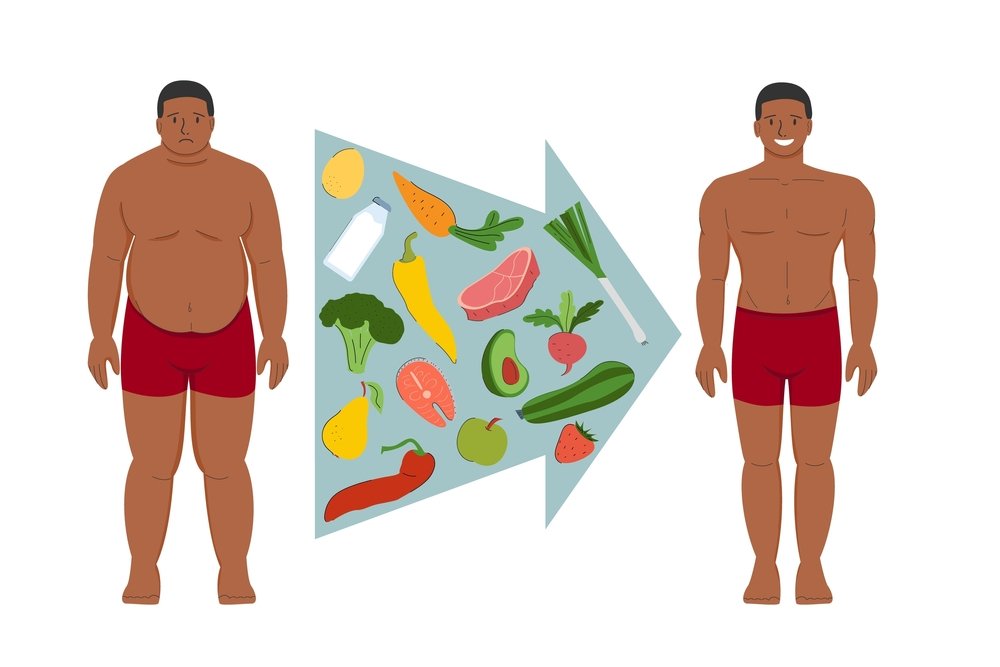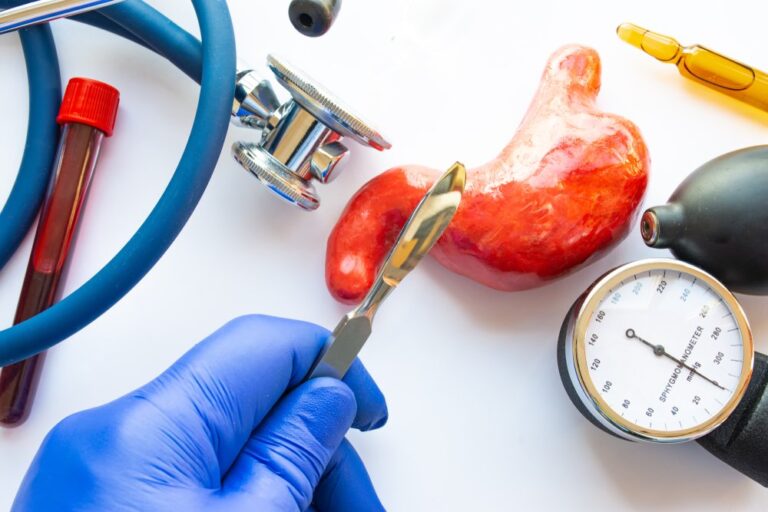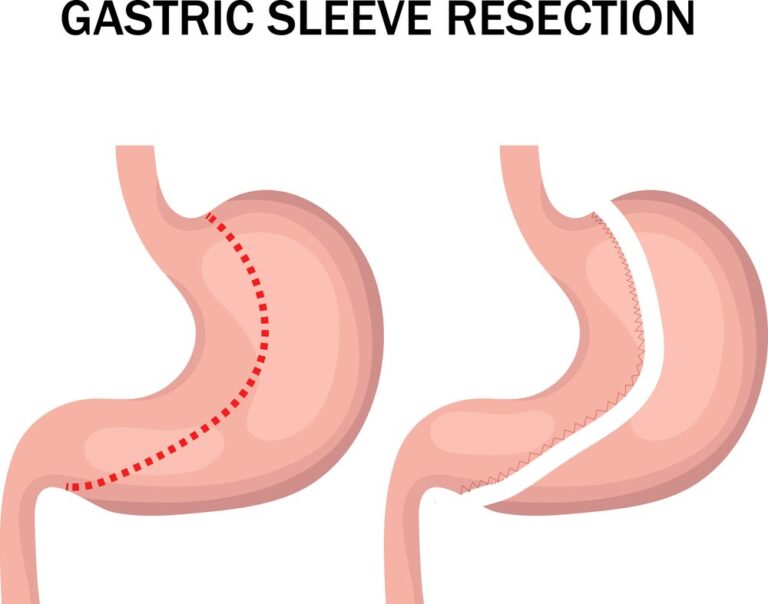The timing for resuming sexual activity after gastric sleeve surgery, also known as sleeve gastrectomy, varies based on individual factors and the guidance provided by your surgeon. It is important to follow your surgeon’s post-operative instructions for personalized recommendations.
Generally, strenuous activities, including sexual activity, should be avoided during the initial recovery phase, which typically lasts 4 to 6 weeks. If you’re wondering, “How long after gastric sleeve can I have sex?” it’s best to consult your surgeon for specific guidelines tailored to your situation.
Get a $1000 Off on Gastric Sleeve in Miami
Resuming Sexual Activity After Gastric Sleeve Surgery
The timing for resuming sexual activity after gastric sleeve surgery, Typically, this recovery period lasts around 4 to 6 weeks.However, it’s important to remember that every individual is different, and your surgeon may provide you with specific guidelines based on your unique circumstances.

It is essential to follow your surgeon’s post-operative instructions, as they are the best source of guidance tailored to your situation. To ensure a safe and comfortable recovery, it’s crucial to consult your surgeon or healthcare provider for personalized advice regarding the appropriate time to resume sexual activity after gastric sleeve surgery.
Factors to Consider Before Resuming Sexual Activity
Certainly! Here are some factors to consider before resuming sexual activity after gastric sleeve surgery:
- Healing and recovery: It is important to ensure that your body has had adequate time to heal and recover from the surgery. Follow the guidelines provided by your surgeon regarding the recommended waiting period before engaging in sexual activity.
- Physical comfort: Consider any physical discomfort or pain you may still be experiencing. Gastric sleeve surgery involves significant changes to your digestive system, and it may take time for your body to adjust. Ensure that you are physically comfortable and free from any pain or discomfort that could be exacerbated during sexual activity.
- Energy levels: Major surgery can temporarily affect your energy levels and overall stamina. Pay attention to your energy levels and make sure you feel well-rested and have enough physical and emotional energy to engage in sexual activity.
- Emotional readiness: Surgery, including weight loss surgery, can have emotional implications. Ensure that you feel emotionally ready and have a positive mindset before resuming sexual activity. If you have any concerns or emotional issues, it can be helpful to discuss them with your healthcare provider or a mental health professional.
- Communication with your partner: Openly communicate with your partner about your recovery process, any concerns you may have, and any physical or emotional limitations you are experiencing. Understanding and support from your partner can contribute to a positive and comfortable sexual experience.
Always consult with your surgeon or healthcare provider regarding the appropriate timing and any specific considerations based on your individual circumstances. They can provide personalized advice and guidance tailored to your recovery progress and overall health.
Tips for a Healthy Sexual Recovery
Certainly! Here are some tips for a healthy sexual recovery after gastric sleeve surgery presented in a table format:
| Tips for a Healthy Sexual Recovery after Gastric Sleeve Surgery |
|---|
| 1. Follow post-operative instructions |
| 2. Take it slow |
| 3. Communication is key |
| 4. Explore alternative sexual activities |
| 5. Focus on overall health and well-being |
| 6. Manage any side effects or complications |
| 7. Seek professional help if needed |
Remember to consult with your surgeon or healthcare provider for personalized advice based on your individual circumstances and recovery progress.
Communicating with Your Partner After Gastric Sleeve Surgery
Certainly! Here are some tips for communicating with your partner after gastric sleeve surgery:
- Be open and honest: Openly discuss your experience, including the surgery and your recovery process, with your partner. Share your thoughts, feelings, and any concerns you may have. Honesty and openness can foster understanding and support between you and your partner.
- Educate your partner: Help your partner understand the reasons behind your decision to undergo gastric sleeve surgery and the potential physical and emotional changes that may occur as a result. Provide them with information and resources, such as pamphlets or articles, to increase their knowledge and empathy.
- Set realistic expectations: Discuss the potential impact of the surgery on your sexual life, including changes in body image, libido, and sexual function. It is important to set realistic expectations for both you and your partner, as it may take time for your body to adjust and for you to feel comfortable engaging in sexual activity again.
- Share your needs and limitations: Communicate your needs and limitations with regard to sexual activity. Let your partner know if there are specific positions or activities that may cause discomfort or if you need more time to recover. Mutual understanding and respect for each other’s boundaries are crucial.
- Express emotional support: Assure your partner that their emotional support is valuable to your recovery process. Share your appreciation for their understanding and patience. Emphasize that your surgery and recovery do not diminish your emotional connection and intimacy as a couple.
- Seek professional guidance if needed: If you and your partner are experiencing challenges or difficulties in navigating the changes after gastric sleeve surgery, consider seeking professional guidance. Couples therapy or counseling can provide a supportive environment to address any concerns and strengthen your relationship.
Remember, open and compassionate communication is key in any relationship. By maintaining honest and supportive communication with your partner, you can navigate the post-surgery period together and maintain a strong and loving connection.

What is Gastric Sleeve Surgery?
Gastric sleeve surgery, also known as sleeve gastrectomy, is a surgical procedure that aims to assist with weight loss by reducing the size of the stomach. It is a type of bariatric surgery often recommended for individuals with severe obesity or obesity-related health conditions.
Here’s an overview of gastric sleeve surgery:
- Procedure: During the surgery, the surgeon removes a significant portion of the stomach, typically about 75-80% of its volume. The remaining portion of the stomach takes the shape of a sleeve or tube, hence the name “gastric sleeve.”
- Weight loss mechanism: The surgery works through two primary mechanisms. First, the reduced stomach size restricts the amount of food you can consume, leading to a feeling of fullness with smaller meal portions. Second, the surgery causes hormonal changes that can help reduce appetite and improve satiety.
- Advantages: Gastric sleeve surgery has several potential benefits, including significant weight loss over time, improvement or resolution of obesity-related health conditions (such as type 2 diabetes, high blood pressure, and sleep apnea), enhanced mobility, and improved quality of life.
- Pre-surgery evaluation: Before undergoing gastric sleeve surgery, you will undergo a thorough evaluation to determine if you are a suitable candidate. This evaluation may include medical history assessment, physical examinations, nutritional counseling, and psychological evaluations.
- Recovery and lifestyle changes: After surgery, you will have a recovery period during which you’ll gradually transition from a liquid diet to solid foods. Following gastric sleeve surgery, it is essential to adopt lifelong healthy eating habits, including portion control and a balanced diet. Regular exercise and ongoing medical monitoring are also crucial for long-term success.
- Potential risks and complications: Like any surgery, gastric sleeve surgery carries potential risks and complications, including infection, bleeding, blood clots, adverse reactions to anesthesia, and potential long-term issues such as vitamin deficiencies or gastrointestinal complications. It’s important to discuss these risks with your surgeon and understand the potential benefits and drawbacks of the procedure.

Gastric sleeve surgery is a significant decision that should be made in consultation with your healthcare provider.
Reasons to Opt for Gastric Sleeve Surgery
There are several reasons why individuals may opt for gastric sleeve surgery as a weight loss solution. Here are some common reasons:
| Reasons to Opt for Gastric Sleeve Surgery |
|---|
| Severe obesity |
| Health improvement |
| Long-term weight loss |
| Improved quality of life |
| Enhanced weight loss journey |
| Multidisciplinary support |
Please keep in mind that the decision to undergo gastric sleeve surgery should be made in consultation with a healthcare provider who can assess your individual circumstances and provide personalized advice based on your specific needs and goals.
How Does Gastric Sleeve Surgery Affect Your Body?
Here’s how gastric sleeve surgery affects the body:
- Reduced stomach size: The surgery involves removing a large portion of the stomach, leaving behind a smaller, sleeve-shaped stomach.
- Hormonal changes: Gastric sleeve surgery can cause hormonal changes in the body, particularly affecting gut hormones like ghrelin. Ghrelin is known as the “hunger hormone” and plays a role in regulating appetite. After the surgery, levels of ghrelin tend to decrease, leading to reduced appetite and increased feelings of fullness.
- Weight loss: By limiting the amount of food that can be eaten and affecting hormonal signals related to hunger and satiety, gastric sleeve surgery facilitates weight loss. Individuals typically experience significant weight loss in the months and years following the surgery.
- Health improvements: Gastric sleeve surgery can have positive impacts on obesity-related health conditions. It has been shown to improve or resolve conditions such as type 2 diabetes, high blood pressure, sleep apnea, and joint pain.
- Metabolic changes: Gastric sleeve surgery can lead to metabolic changes in the body. It can improve insulin sensitivity and glucose metabolism, leading to better blood sugar control in individuals with diabetes or prediabetes.
- Nutritional considerations: Following gastric sleeve surgery, individuals need to be mindful of their nutritional intake. With a reduced stomach size, the body may have decreased capacity to absorb certain nutrients.
It’s important to note that the effects of gastric sleeve surgery may vary from person to person. The surgery is part of a comprehensive weight loss journey that involves lifestyle changes, dietary modifications, and ongoing medical monitoring to ensure long-term success and overall well-being.






